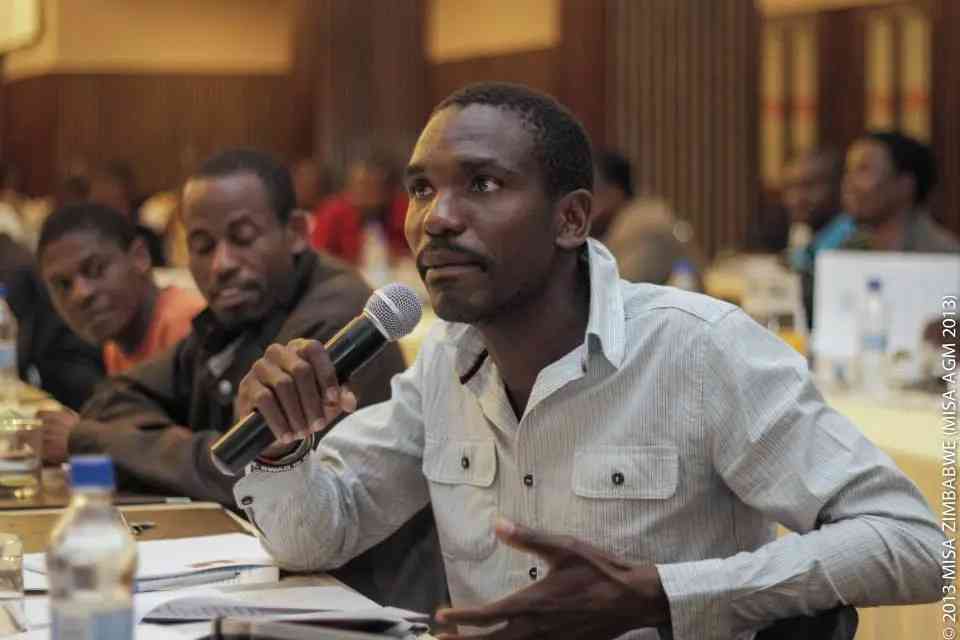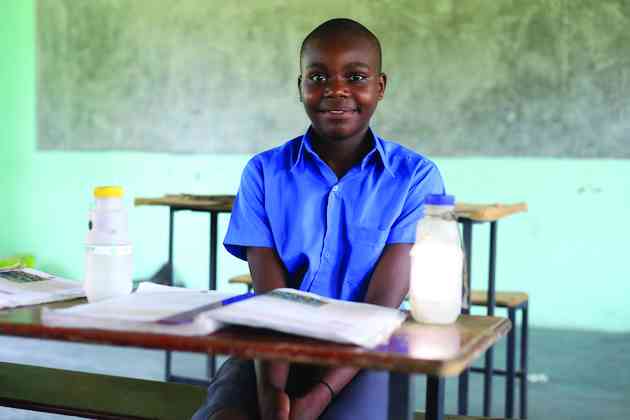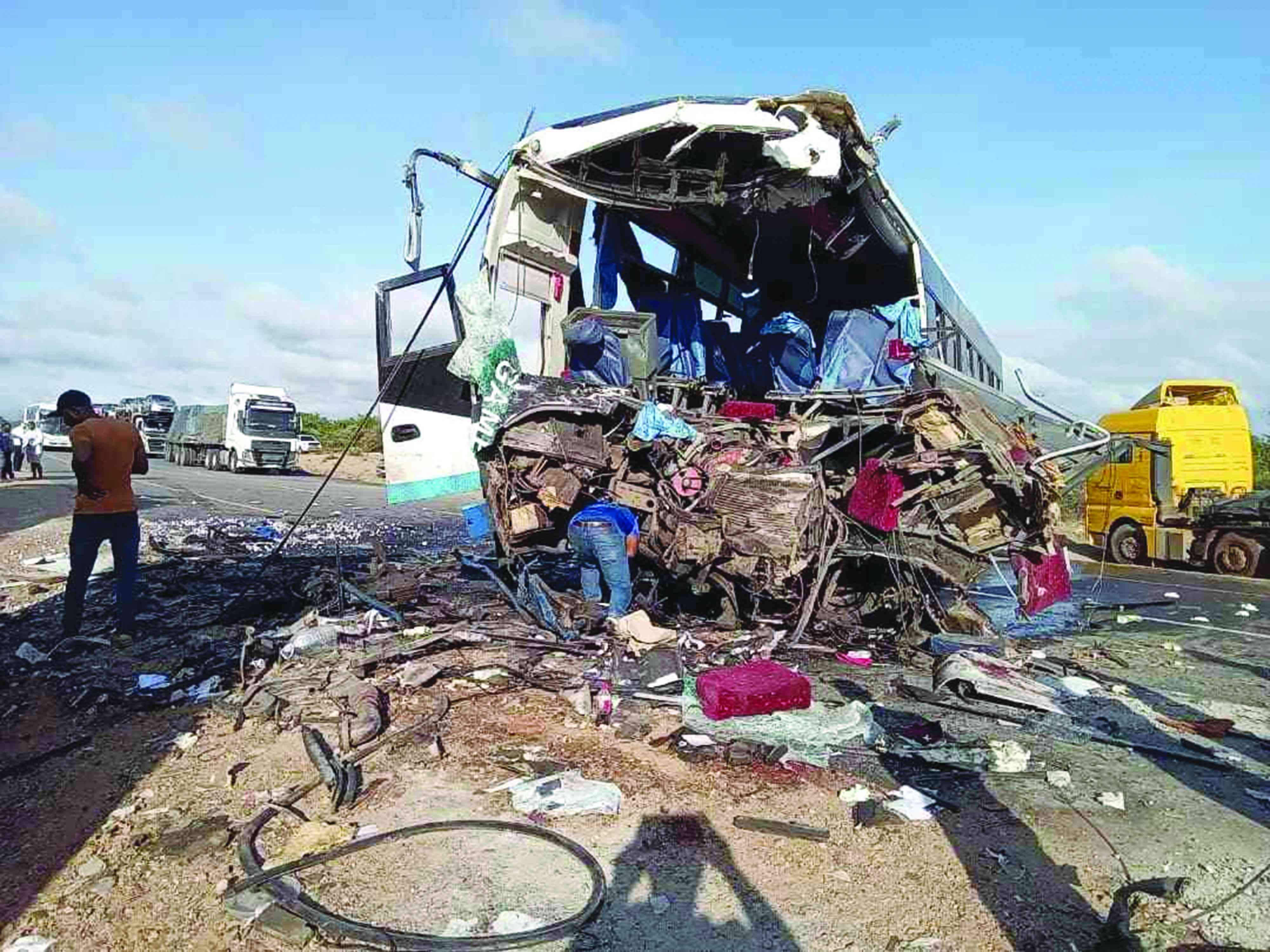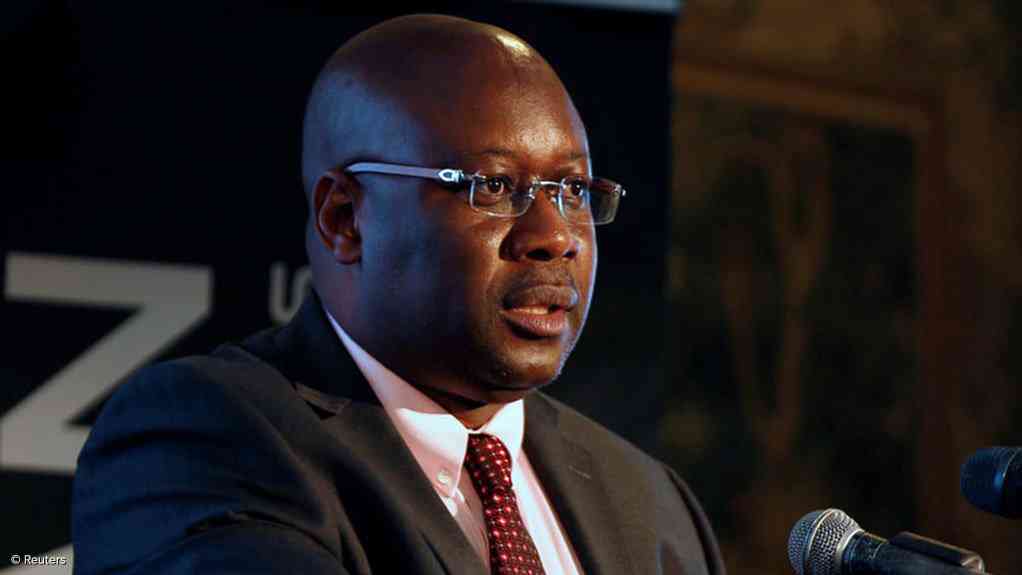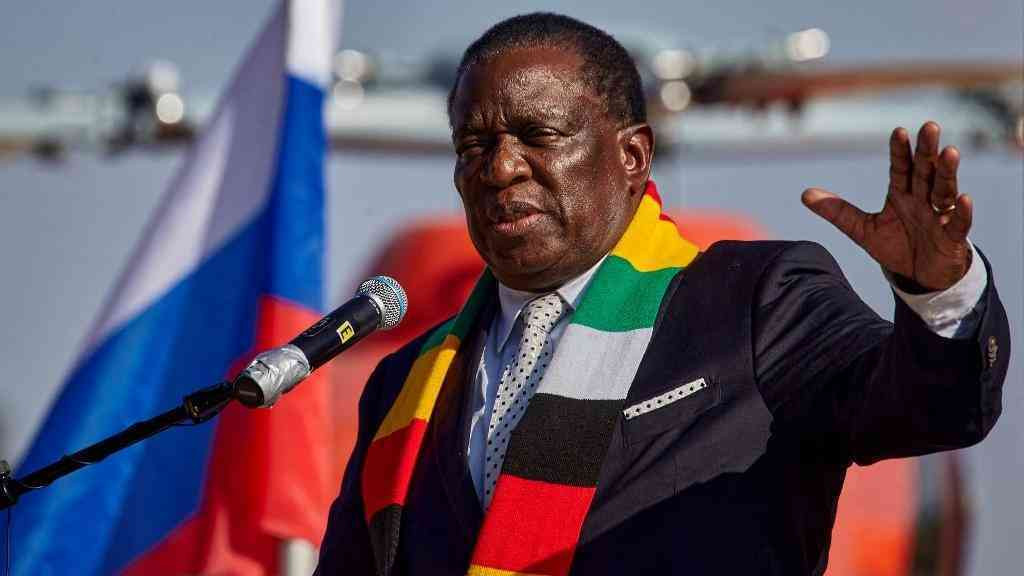
A STATE of the Nation Address (Sona) delivered by President Emmerson Mnangagwa (pictured) last week fell short of prescribing solutions to halt a currency free fall, price hikes and chronic power shortages, which have gripped the economy and intensified pain, a poll of leading analysts indicated.
The economists’ comments highlighted the depth of pressures that millions face as government runs out of ideas, amid an explosion of crises in a market already unsettled by drought.
For weeks before Tuesday last week’s Sona, pressures had already built up, as measures that came through in April faltered under currency-induced frailty.
Zimbabwe’s troubles spiralled into a full blown crisis when the central bank devalued the currency by 43% on September 27, and hiked the policy rate to fight inflation.
However, blowbacks, which authorities claim were only ‘transitory’, were immediate — a battered currency and bouts of price hikes.
Researchers at Equity Axis see even more trouble in the months ahead, according to a report titled ‘Exchange Rate Riddle’ — What Next for Govermnent?’, which was released on Friday last week.
Borrowing costs for commercial banks were likely to rise, making loans more expensive for businesses and consumers, according to Equity Axis.
However, Equity Axis acknowledged that the central bank’s interventions were meant to ‘control inflation, manage liquidity, and stabilise the local currency by discouraging excessive borrowing and spending’.
- Red Cross work remembered
- Take first aid to grassroots, First Lady urges Red Cross
- Musona off to promising start in Saudi Arabia
- Minister Mahendere reveals secret to success
Keep Reading
“Implications (include) reduced cash flow (for) companies reliant on loans to manage cash flow, especially small and medium enterprises, decreased profit margins (and) increased loan and mortgage costs,” said the report, which hinted of more setbacks ahead.
Mnangagwa presented Sona a week after the central bank’s bold moves.
He said authorities were rolling out “corrective measures” to curtail speculative activities blamed for eroding the value of the local currency — which surrendered 17% of its value between July and August alone.
The President also hinted of the introduction of a mix of independent power producers (IPPs) and other measures to placate power shortages.
However, economists argued that reforms proposed by Mnangagwa were not sufficient.
Chenayimoyo Mutambasere, an economist at the Centre for Economic Justice, said the devaluation of Zimbabwe Gold (ZiG) further triggered volatilities.
“Zimbabwe’s economy is currently 80% dollarised,” Mutambasere said.
“Most transactions are being conducted in US dollars. This reality presents an urgAent need for policy to reflect this de facto dollar economy,” she added.
“A dollarised economy typically requires a more stable policy framework around the US dollar. It would be prudent for government policies to aim at ensuring long term stability in the dollar market.”
“However, the introduction of ZiG has complicated the situation. The currency’s rapid depreciation, followed by devaluation, has only added volatility.”
“To restore stability, authorities should pursue a credible policy mix that enhances confidence. This would include pegging the currency to a stable anchor, tightening monetary policy, and improving transparency in market interventions,” Mutambasere observed.
She said with ZiG depreciating, short term measures should instill market confidence and mitigate further free fall.
Mutambasere said authorities must bolster foreign currency reserves and pursue an aggressive fiscal consolidation strategy.
She said if consumer confidence was restored, policymakers would inherently reduce current reliance on the parallel market for foreign currency.
“This requires enhanced communication and transparency from the Reserve Bank of Zimbabwe (RBZ) to provide clarity on its long term currency strategy,” she added.
“While Sona touched on energy issues, there was a notable lack of clear timelines or innovative solutions to the ongoing power shortages. Solutions like fast tracking renewable energy projects, investing in more sustainable energy sources, and refurbishing existing power plants must be pursued more vigorously.”
Stevenson Dhlamini, an economics lecturer at the National University of Science and Technology, cautioned against dollarisation.
He said dollarisation would have adverse effects on Zimbabwe’s ballooning debt estimated at US$21 billion.
“Dollarisation is the most popular sentiment but my reservations are based on the implications on debt sustainability for our country, which is already nearing distress and might lead to very high taxes. So that option is not sustainable, especially full dollarisation.
“In the short term there is an urgent need to firmly monitor fiscal spending and rein it in. Also, a more transparent policy communication is essential to facilitate economic decision making, instead of surprise policy shifts.”
The depreciating local currency, which is taking a battering against the greenback, and prolonged power cuts lasting for about 16 hours every day, have disrupted crucial economic value chains and triggered fears of another return to gruelling hyperinflation.

